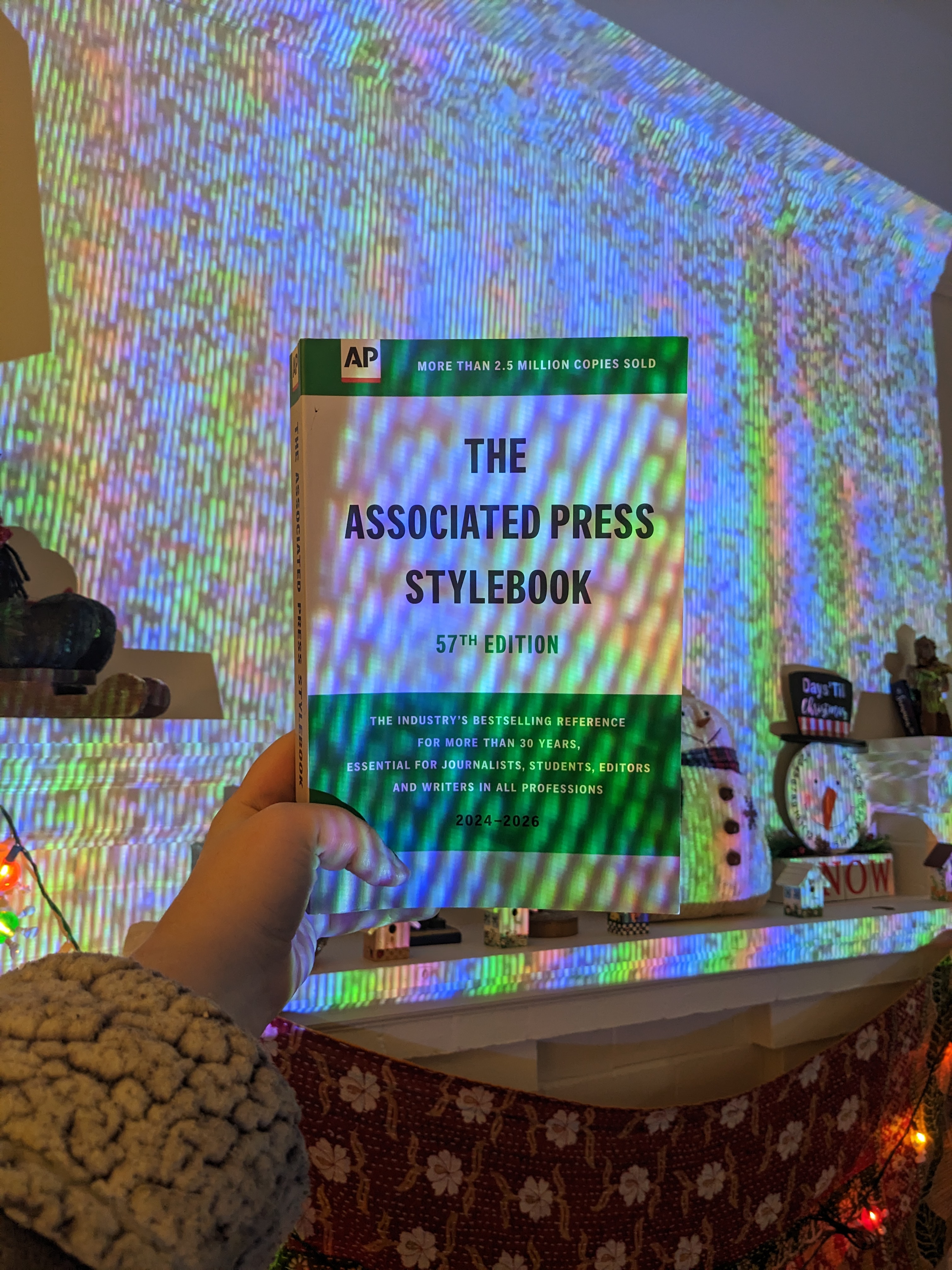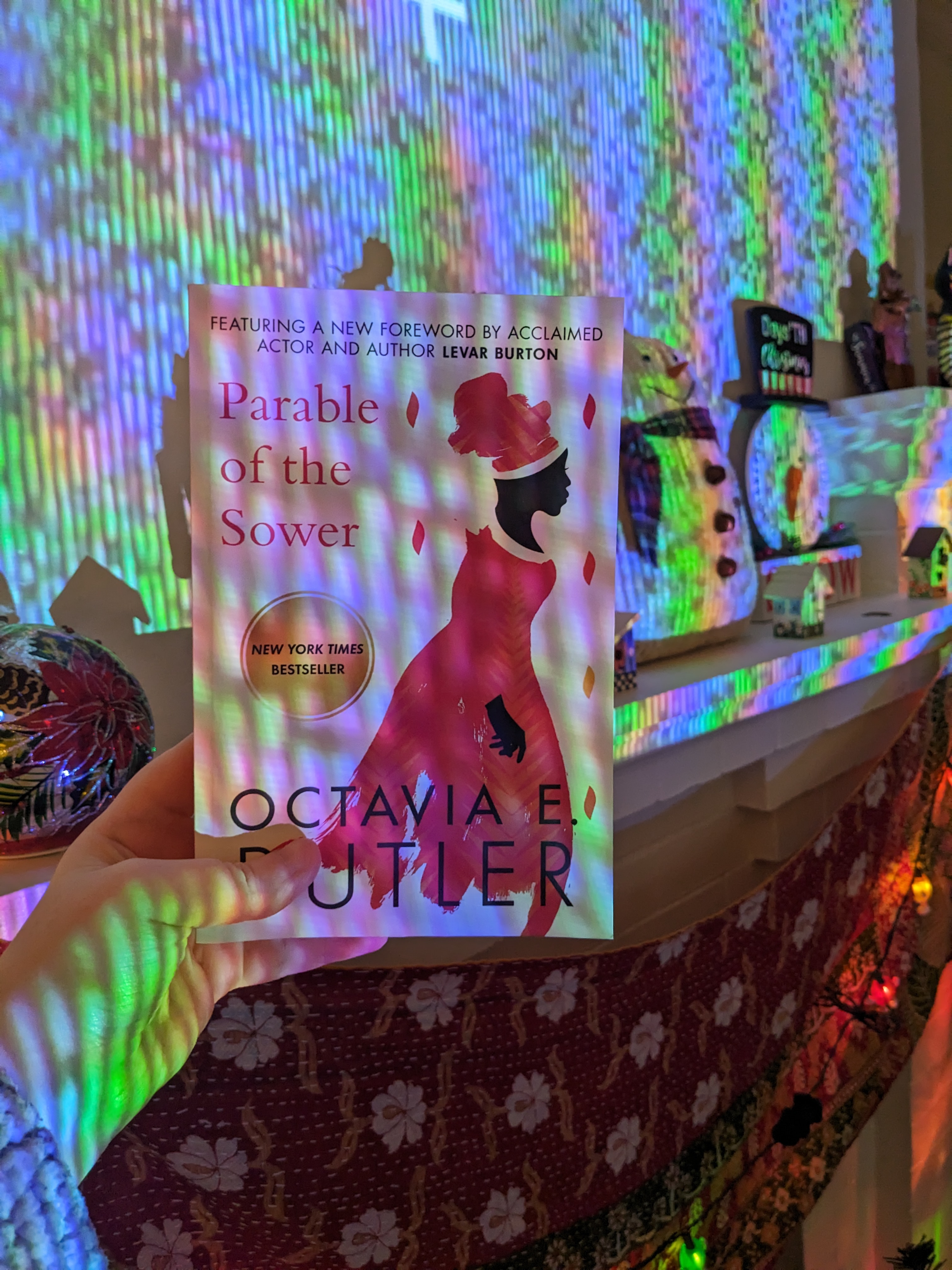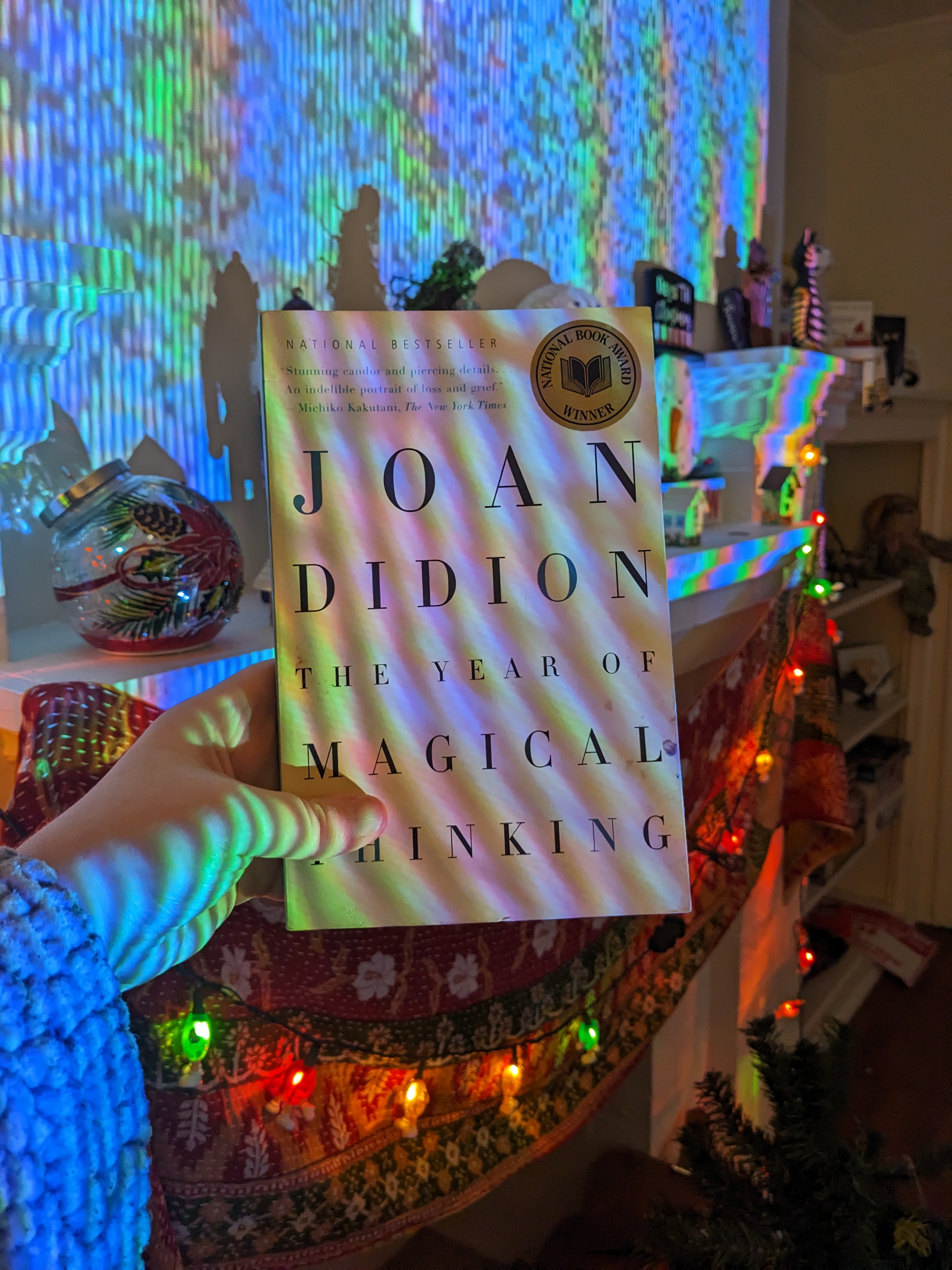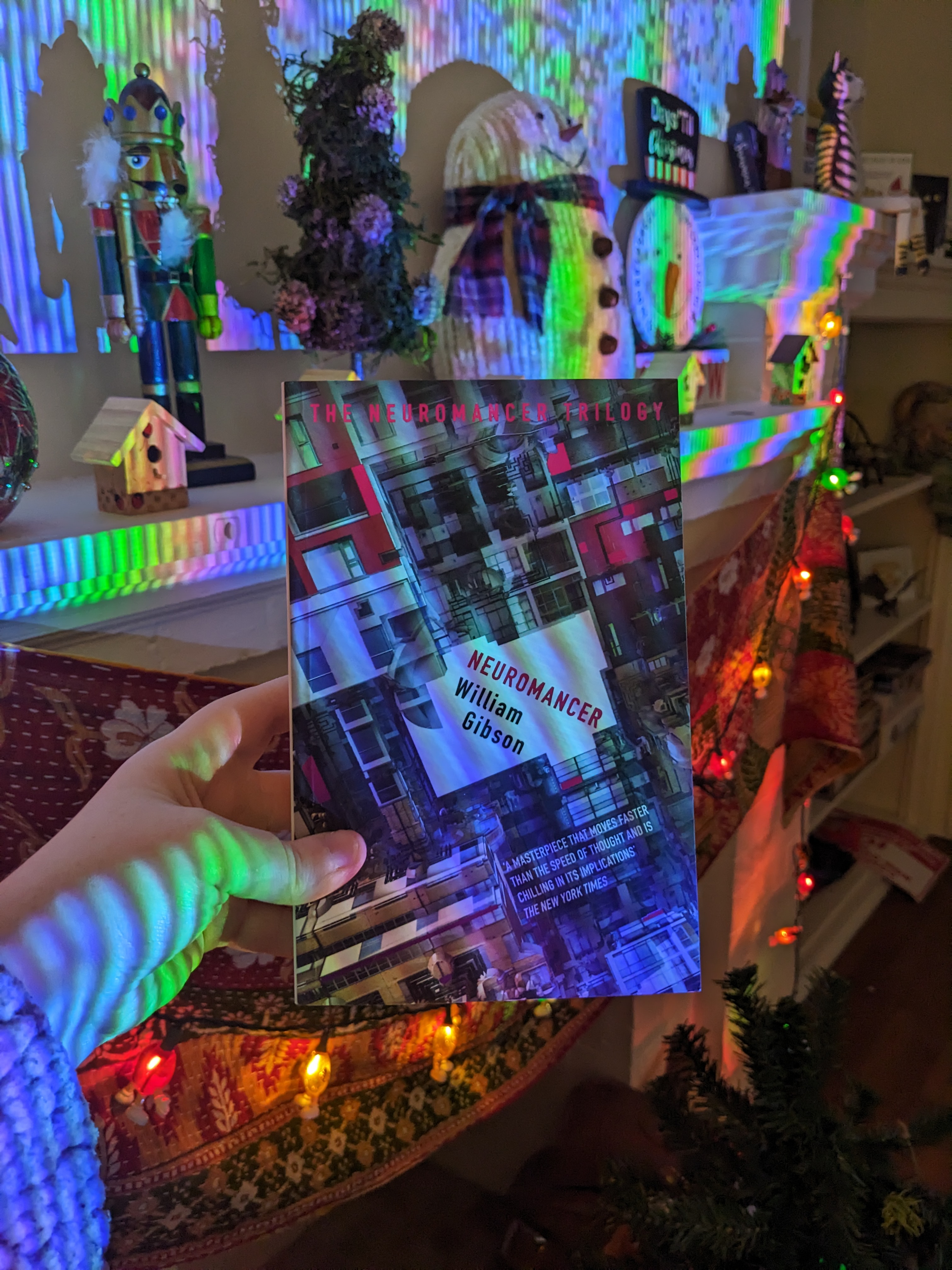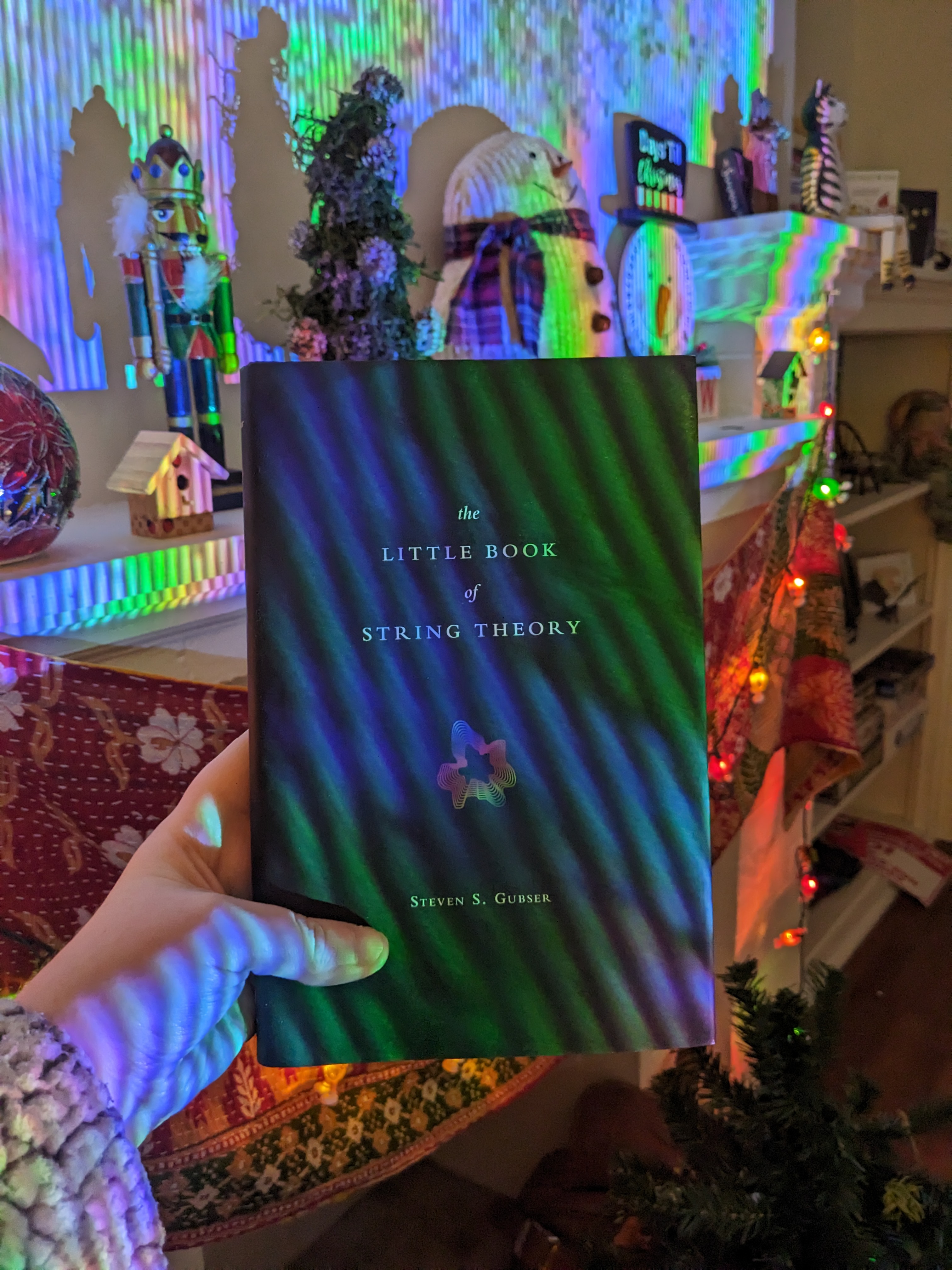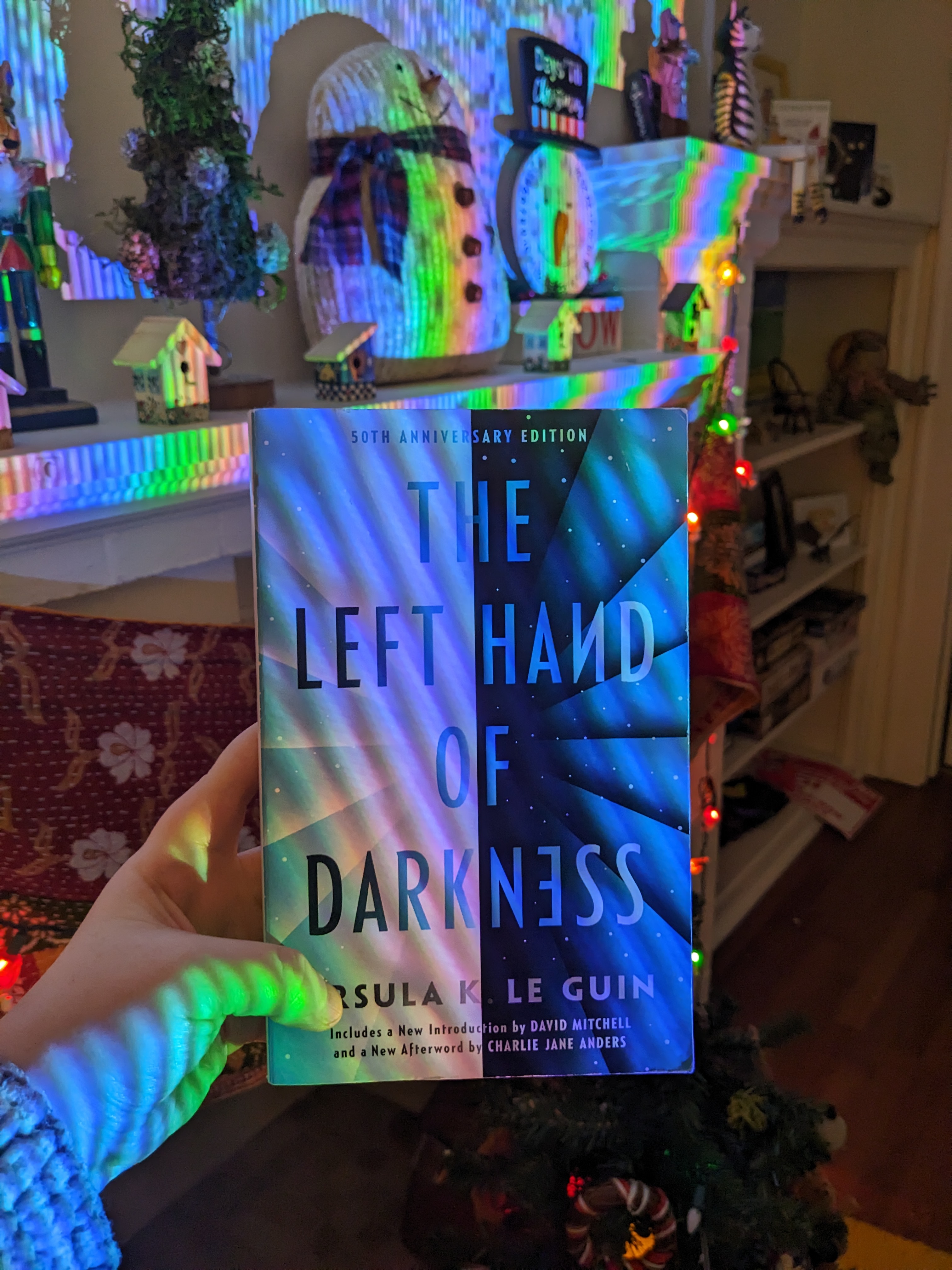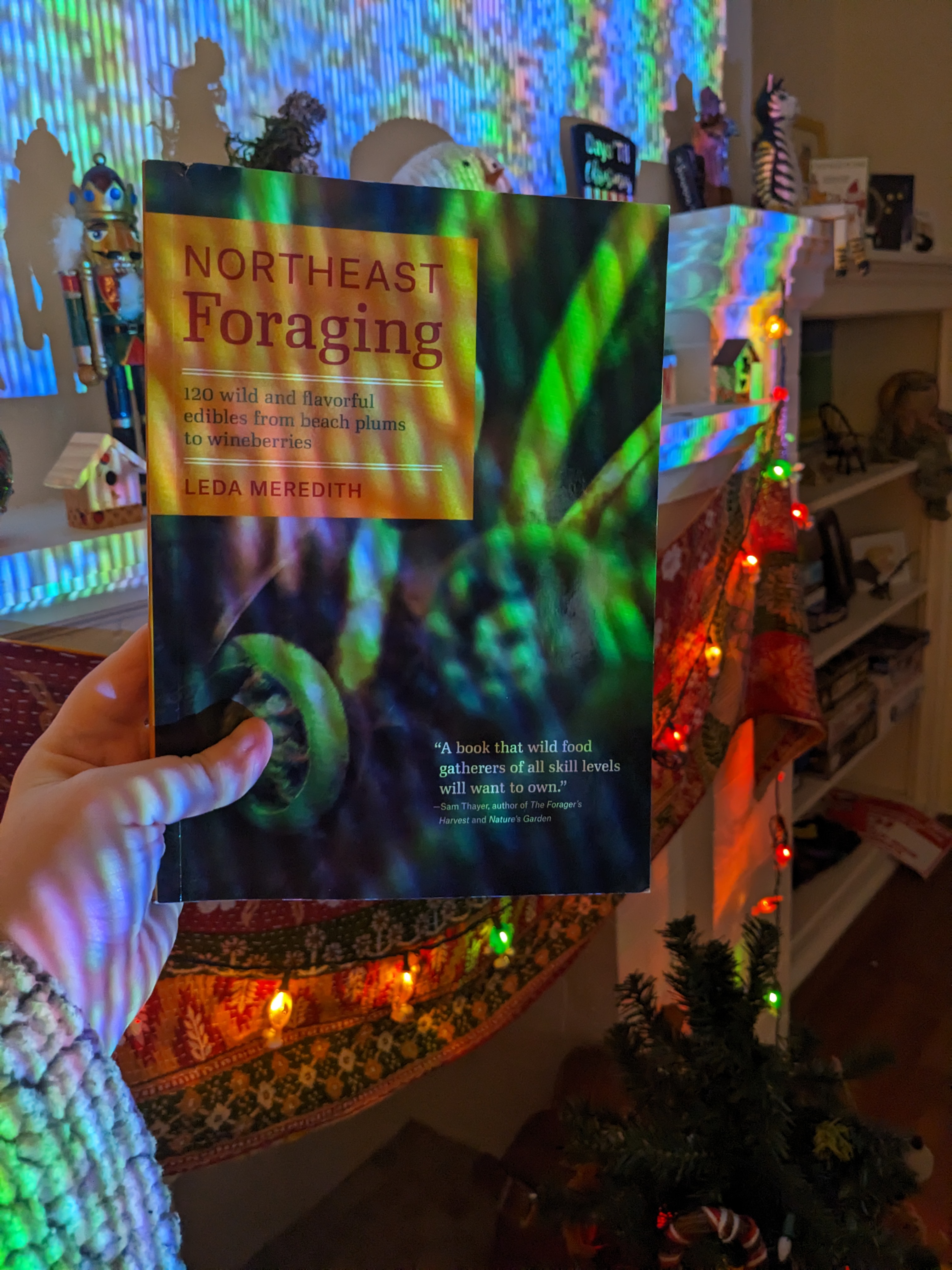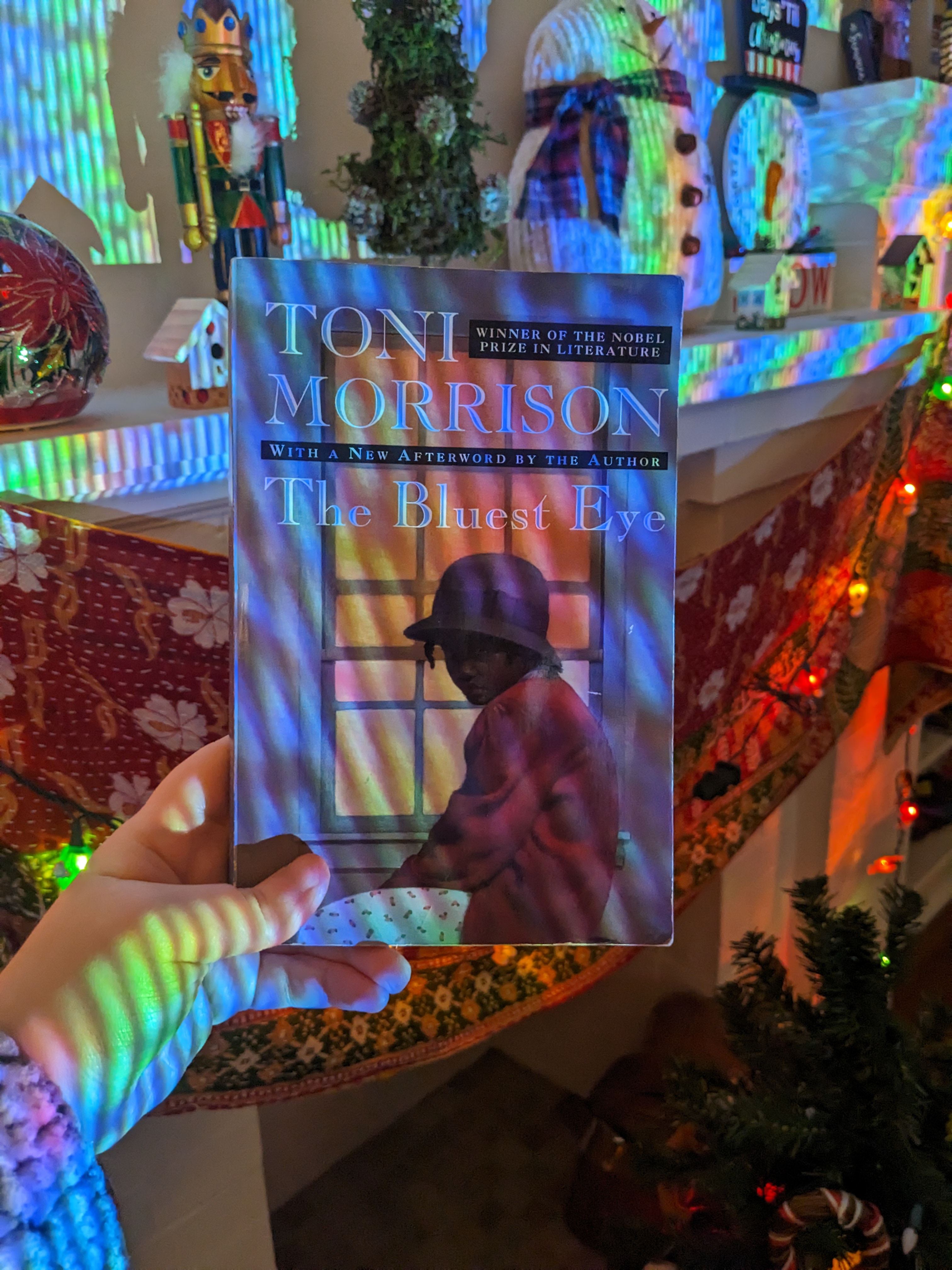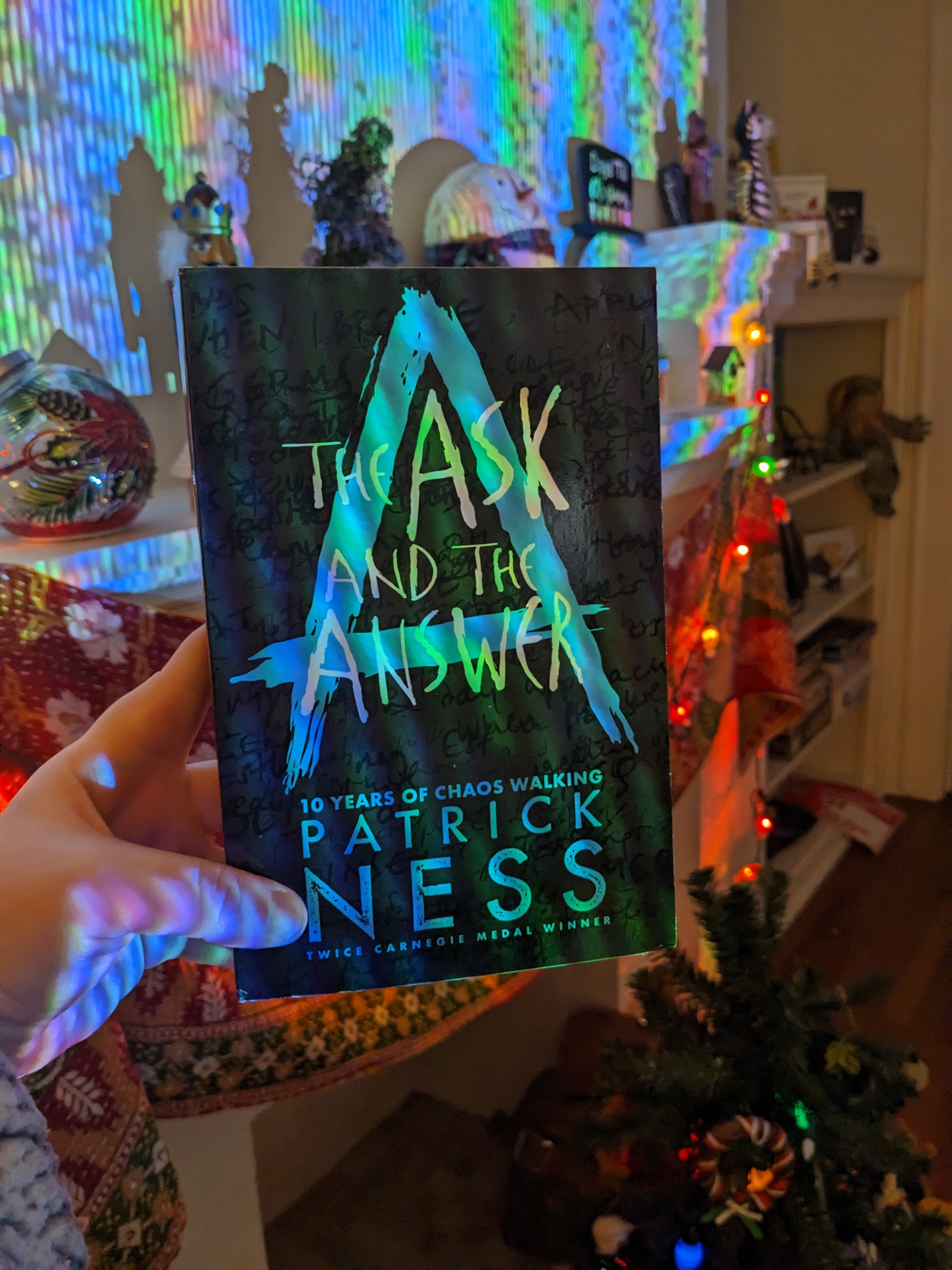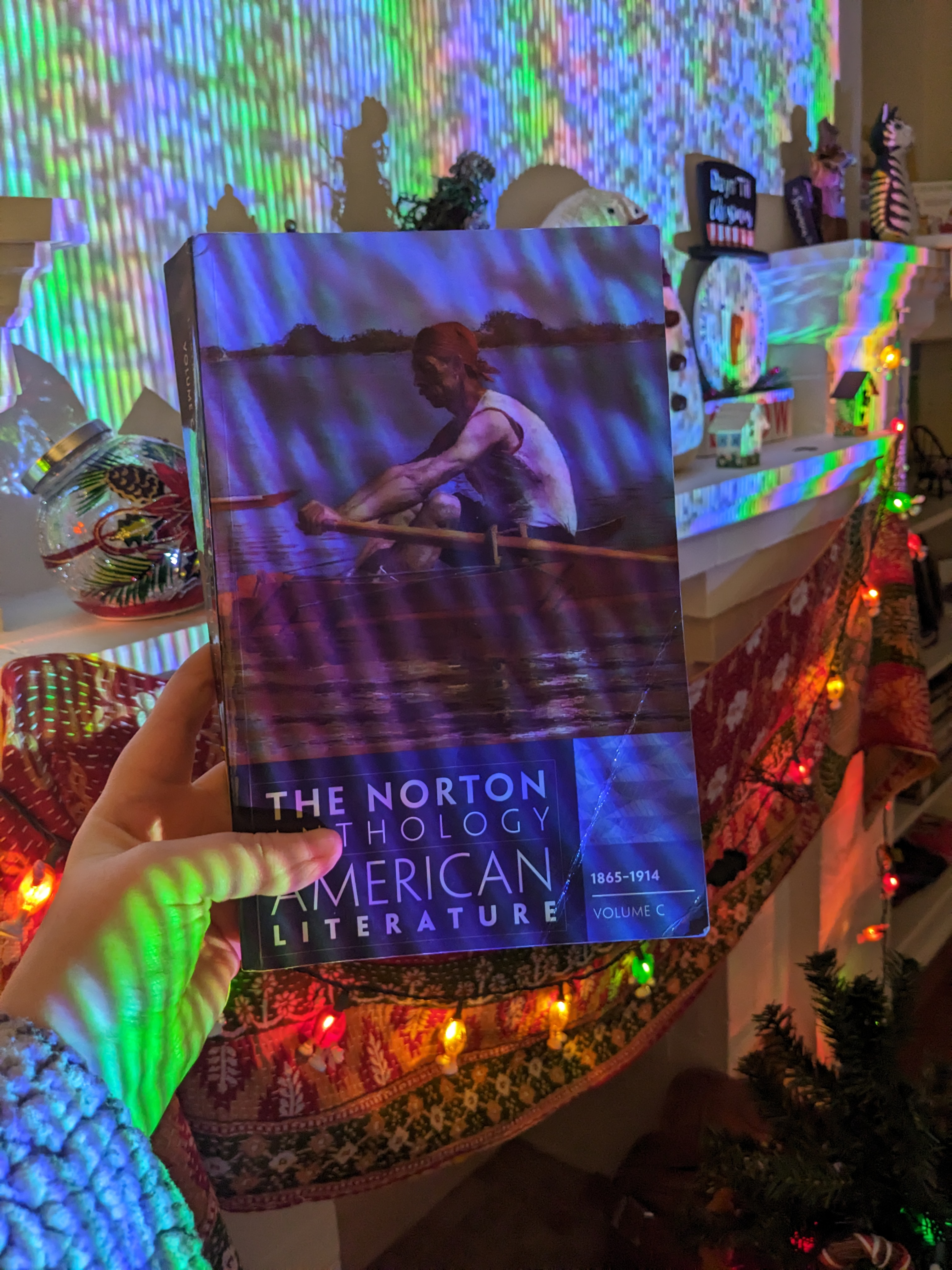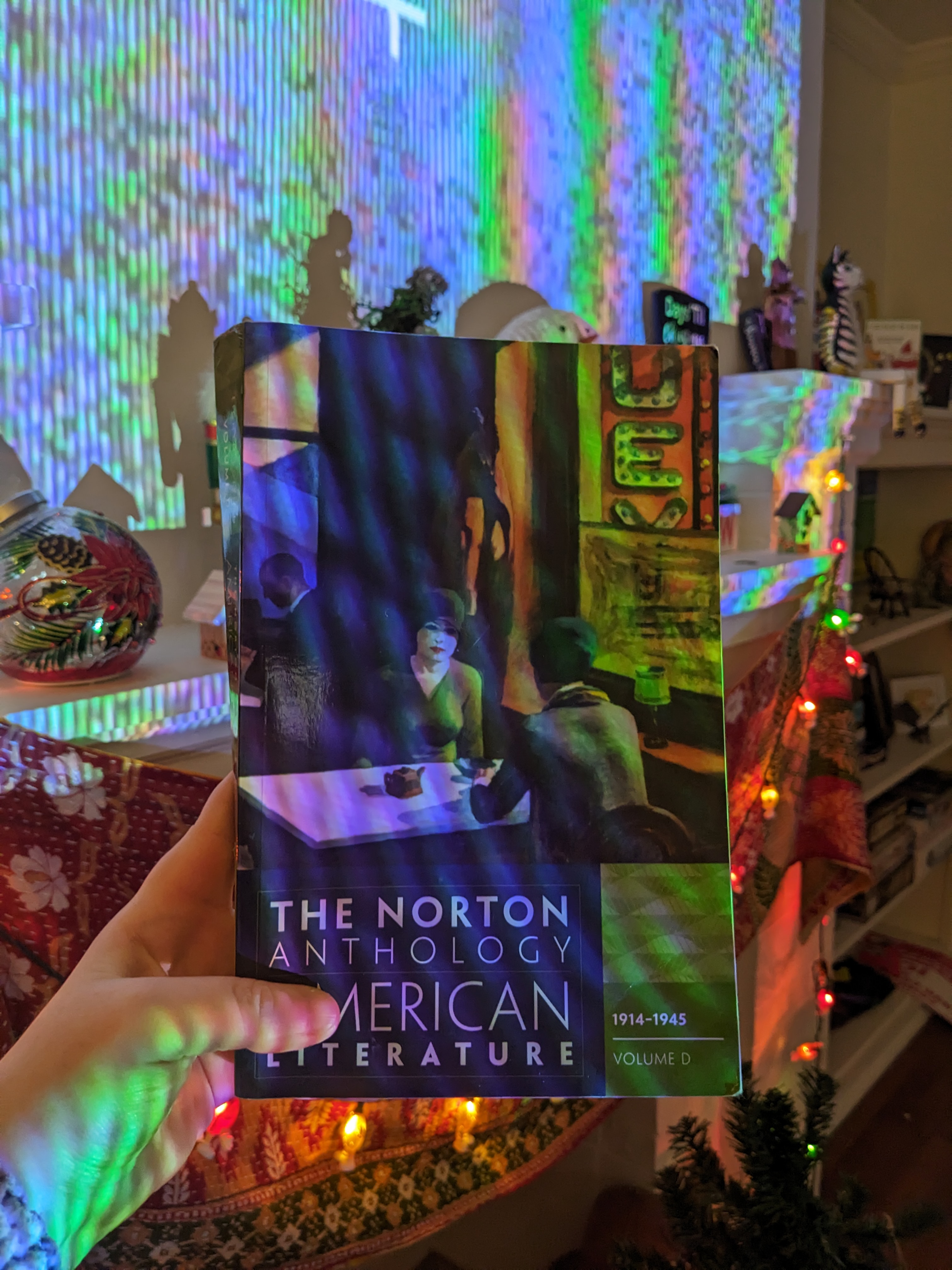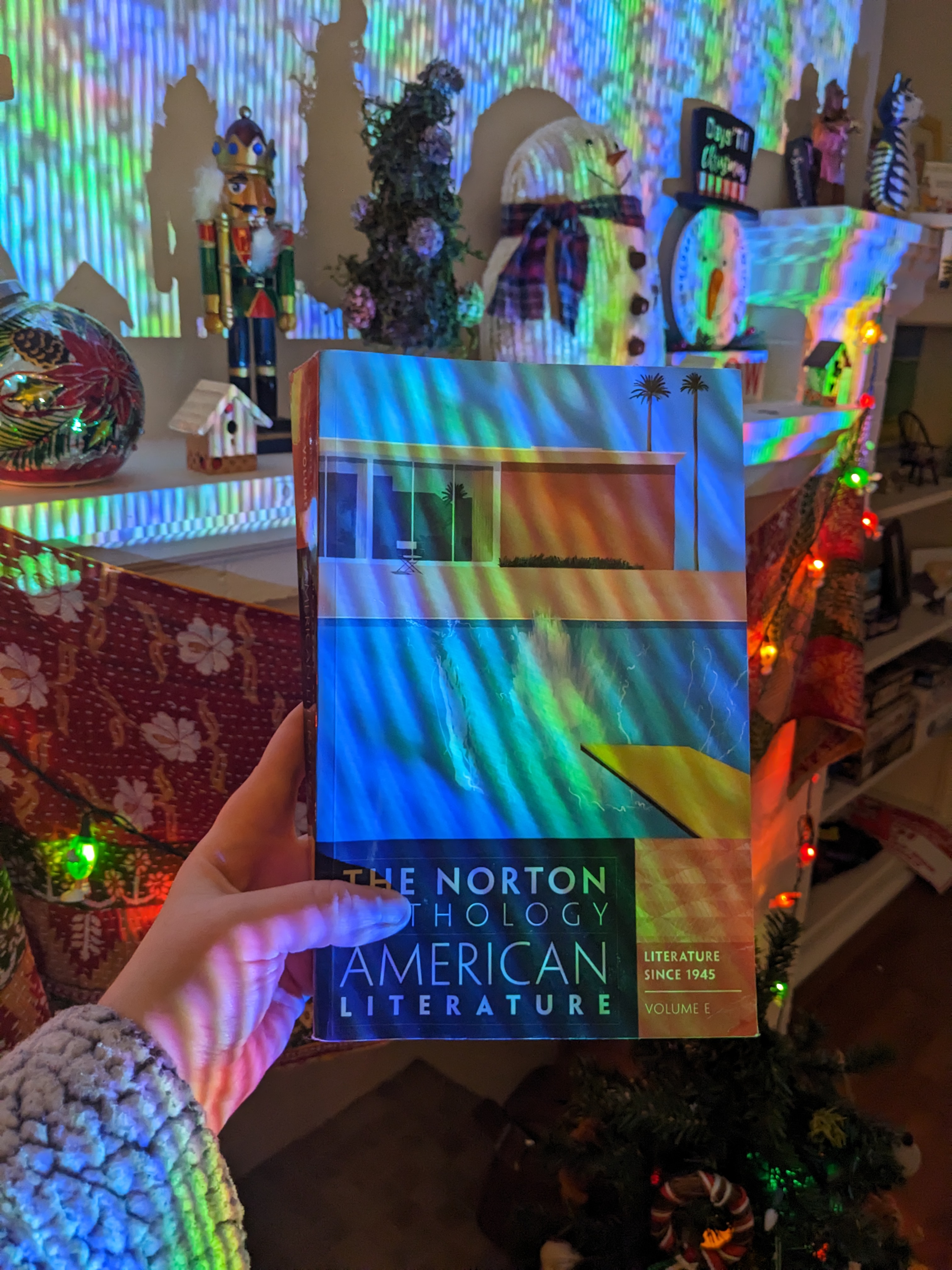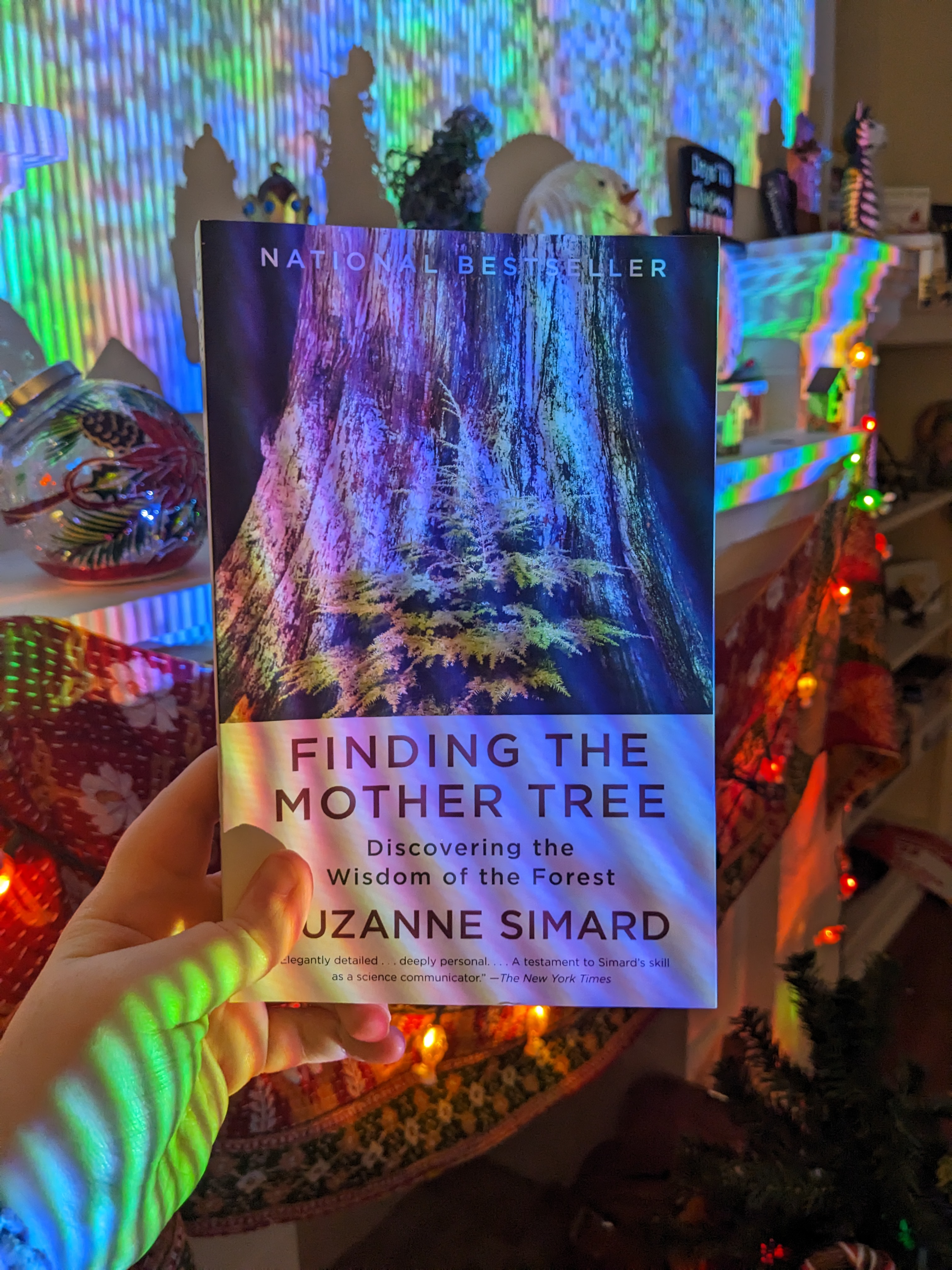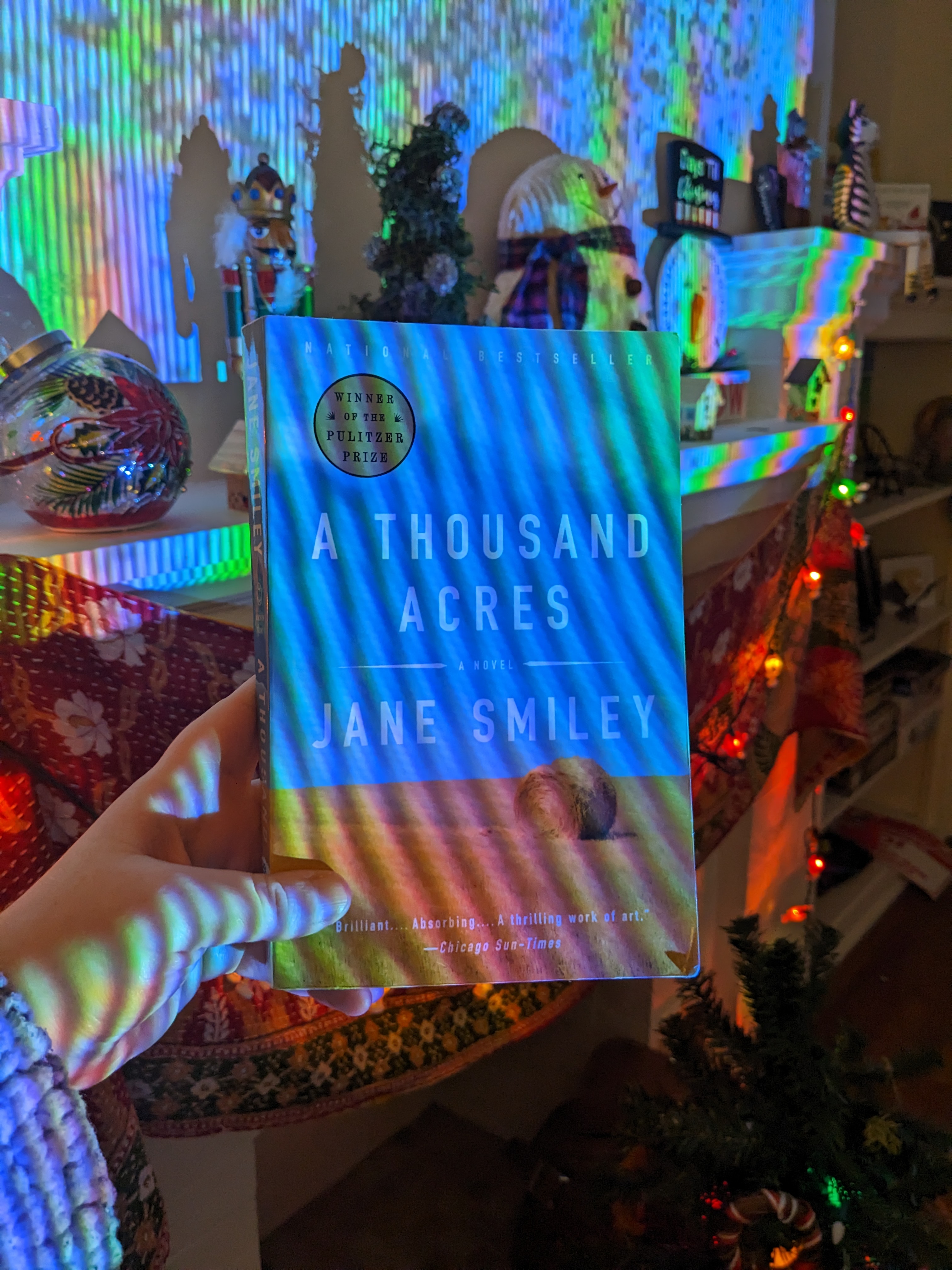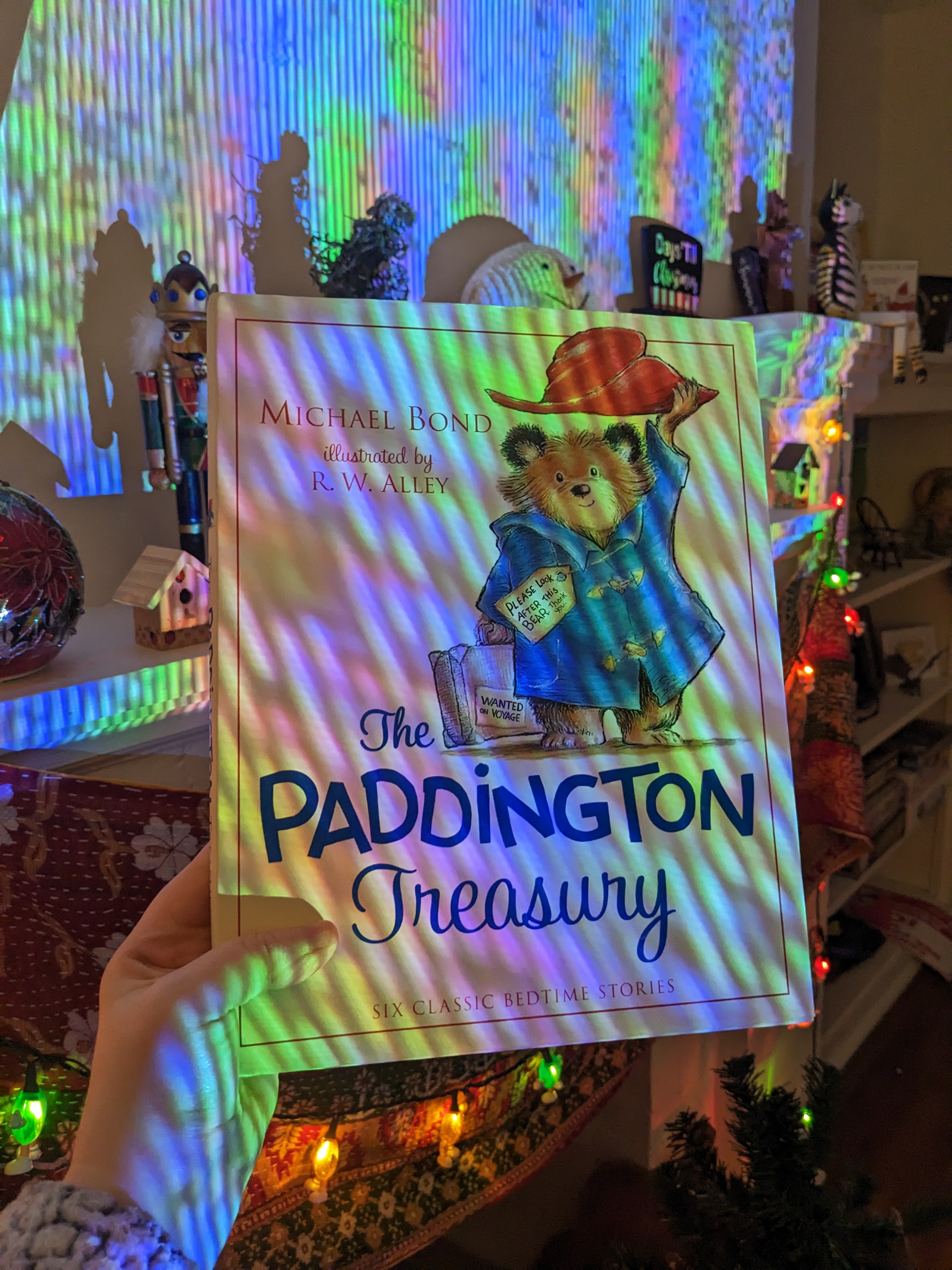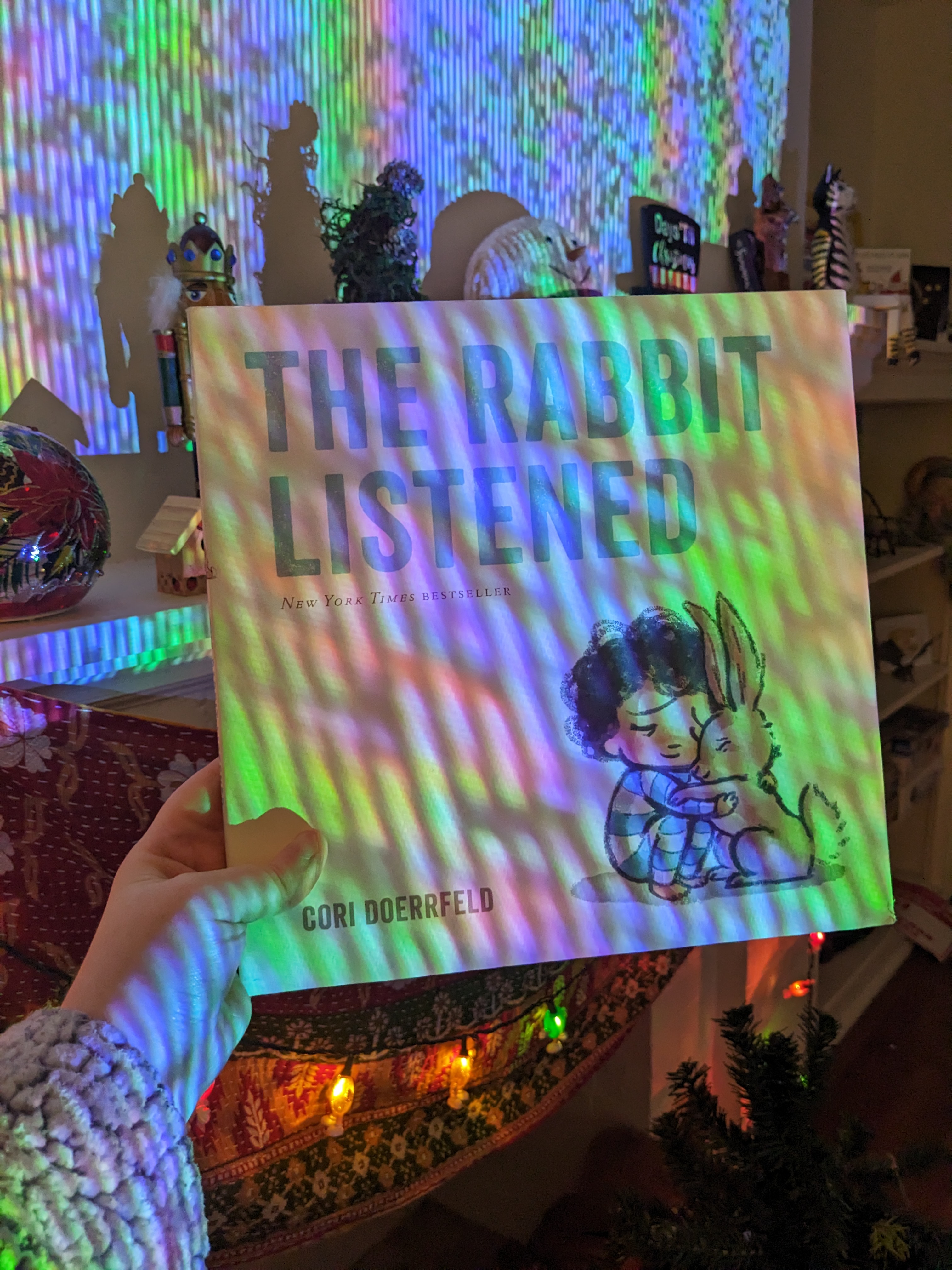Mutual Aid: Building Solidarity During This Crisis (And The Next) by Dean Spade
"Around the globe, people are faced with a spiralling succession of crises, from the Covid-19 pandemic and climate change-induced fires, floods, and storms to the ongoing horrors of mass incarceration, racist policing, brutal immigration enforcement, endemic gender violence, and severe wealth inequality. As governments fail to respond to--or actively engineer--each crisis, ordinary people are finding bold and innovative ways to share resources and support the vulnerable.
"Survival work, when done alongside social movement demands for transformative change, is called mutual aid.
"This book is about mutual aid: why it is so important, what it looks like, and how to do it. It provides a grassroots theory of mutual aid, describes how mutual aid is a crucial part of powerful movements for social justice, and offers concrete tools for organizing, such as how to work in groups, how to foster a collective decision-making process, how to prevent and address conflict, and how to deal with burnout."
-from Storygraph


